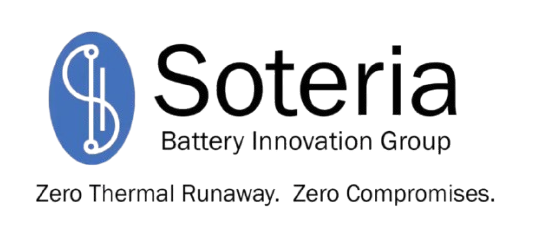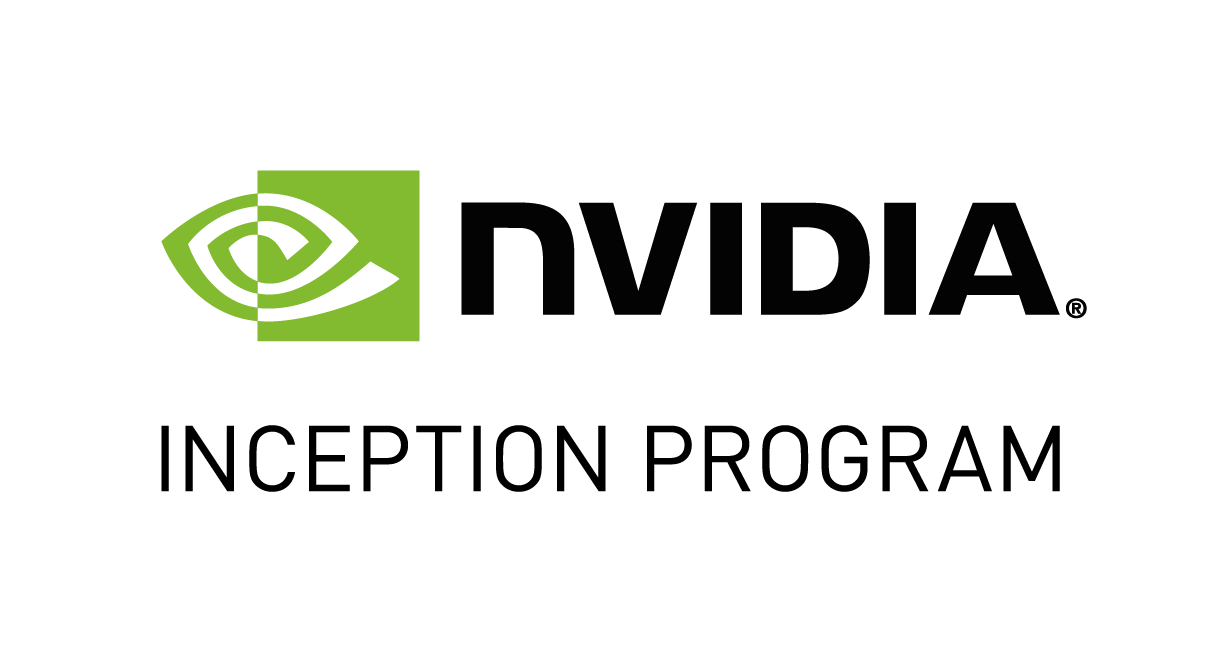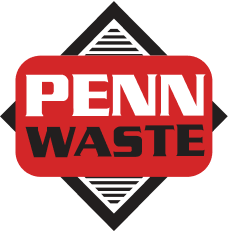OUR NETWORK






We’re building detection fleets that stop battery fires before they start. For the first time, we can be confident that every bin, every route, every day is safe.
Our system spots hidden batteries and hazards before they spark, ensuring crews only touch safe, compliant materials. No truck modifications, no warranty risks, just safer streets and protected communities.
The future of waste is intelligent, safe, and uncontaminated.
OUR NETWORK






Spot lithium-ion batteries before they spark. Our fleets screen every bin, removing fire hazards from the waste stream and protecting the frontline.
No retrofits, no truck downtime. Our detection units operate ahead of the collection route, leaving your workflow untouched.
Real-time curbside data on contamination and materials. For the first time, operators gain visibility and take action in one step.
By preventing fires before they start, our fleets reduce liability and working to unlock lower insurance rates. Backed by our Safety Handling Fee, this is the first scalable model to make battery safety a financial advantage.
Beyond batteries, our sensors find contaminants and valuable materials, boosting recovery rates while reducing costly processing of contamination.
Turn today’s waste into tomorrow’s resources. Capturing hazards at the source keeps valuable materials intact and in circulation.
Lithium-ion battery fires caused by improper recycling or disposal are increasingly impacting the waste and recycling industry, resulting in heavy damage to or total losses of our members’ collection trucks and materials recovery facilities.

Across the country, we have had facilities, recycling facilities be total losses, millions of dollars in infrastructure. We had a fire at our Tampa facility about three or four years ago. That plant was down for about three months.

We just had a truck fire last week. Within the entire industry, I hear about these fires occurring on a weekly basis in landfills, recycling centers, and trucks.

We're always sitting on the edge of our seat because the public is still throwing recyclable batteries away.

Our sensors scan every bin load in real time, using advanced detection to find lithium-ion batteries before they spark trouble. If we spot one, our system flags and removes it prior to compaction.
Our detection fleets operate independently of the trucks, moving just ahead of collection routes. This means no retrofits, no downtime, and no risk to warranties.
For haulers, it’s a zero-friction safety upgrade. For customers and communities, it ensures every bin is screened before the crew even arrives.
You bet. While batteries are our current focus, our platform is designed to spot a range of contaminants and materials, boosting material recovery and lowering costs by keeping dangerous items out of the waste stream.
We’re partnering with major U.S. haulers in field pilots throughout 2026. Interested in being part of the next wave? Join the waitlist below.
Trash is changing. For us, battery detection is just the beginning.
Join the mission